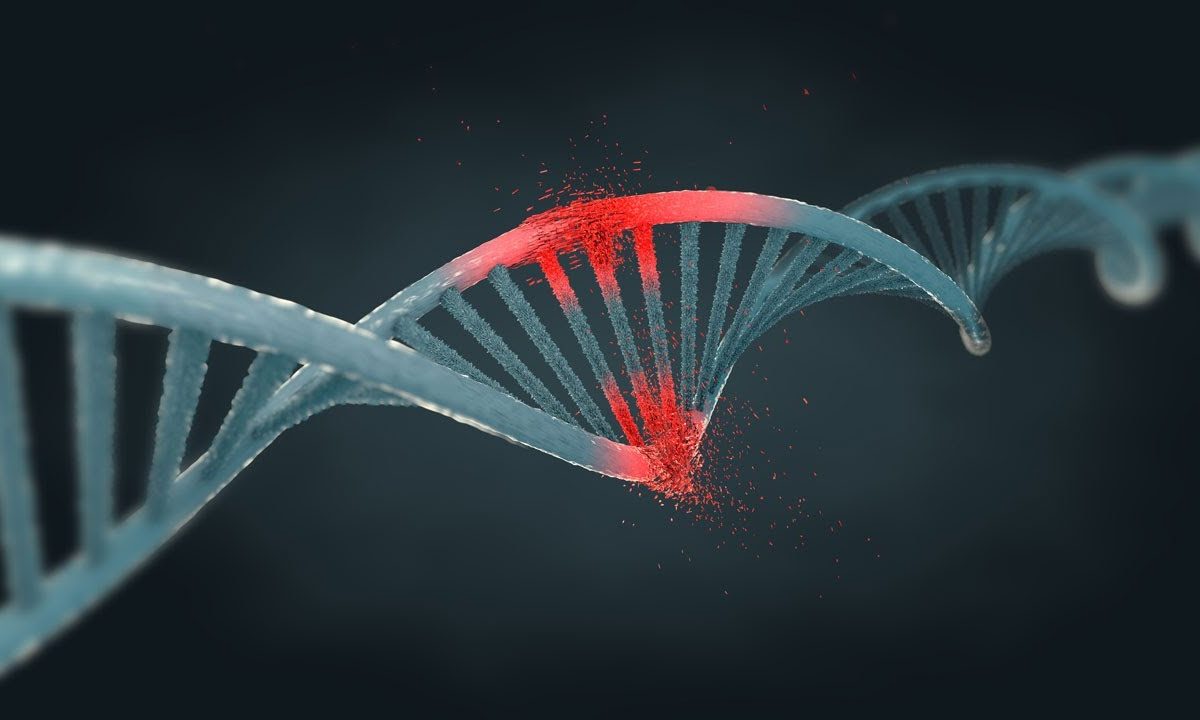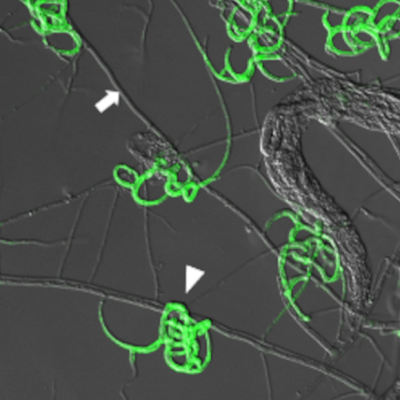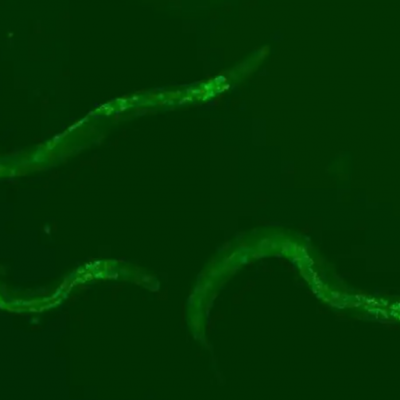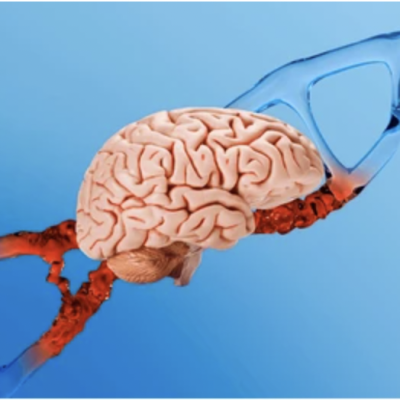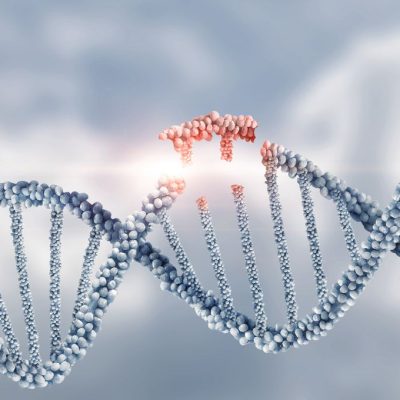A genetic mutation that dates back 700 million years has played a crucial role in the formation of essential organs in humans and other vertebrates. This significant genetic change is associated with genes linked to embryonic development, shaping the process of fetus formation.
The mutations in Fgfr family genes originated 700 million years ago when the ancestral group of vertebrates diverged from crustaceans, including corals, hydra, and jellyfish. Over millions of years, this genetic alteration interconnected two regulatory networks—Fgfr and ESRP—central to the development of various organs. These networks play a vital role in the shaping of organs such as the lungs, forelimbs, and inner ear.
ESRP genes encode proteins crucial for the cutting and splicing of RNA regions through alternative splicing. Previously recognized for their involvement in cell communication, a study published in the journal “Nature Communications” in November 2017 unveiled their connection to the Fgfr gene, emphasizing their role in the formation of crucial organs in humans and other animals.
Professor García Fernández, a co-author of the study from the Center for Genomic Regulation in Barcelona, Spain, commented, “The new discovery confirms the diversity of biological evolution: with the same structure and genetic tool, a wooden house and a skyscraper can be built.”


